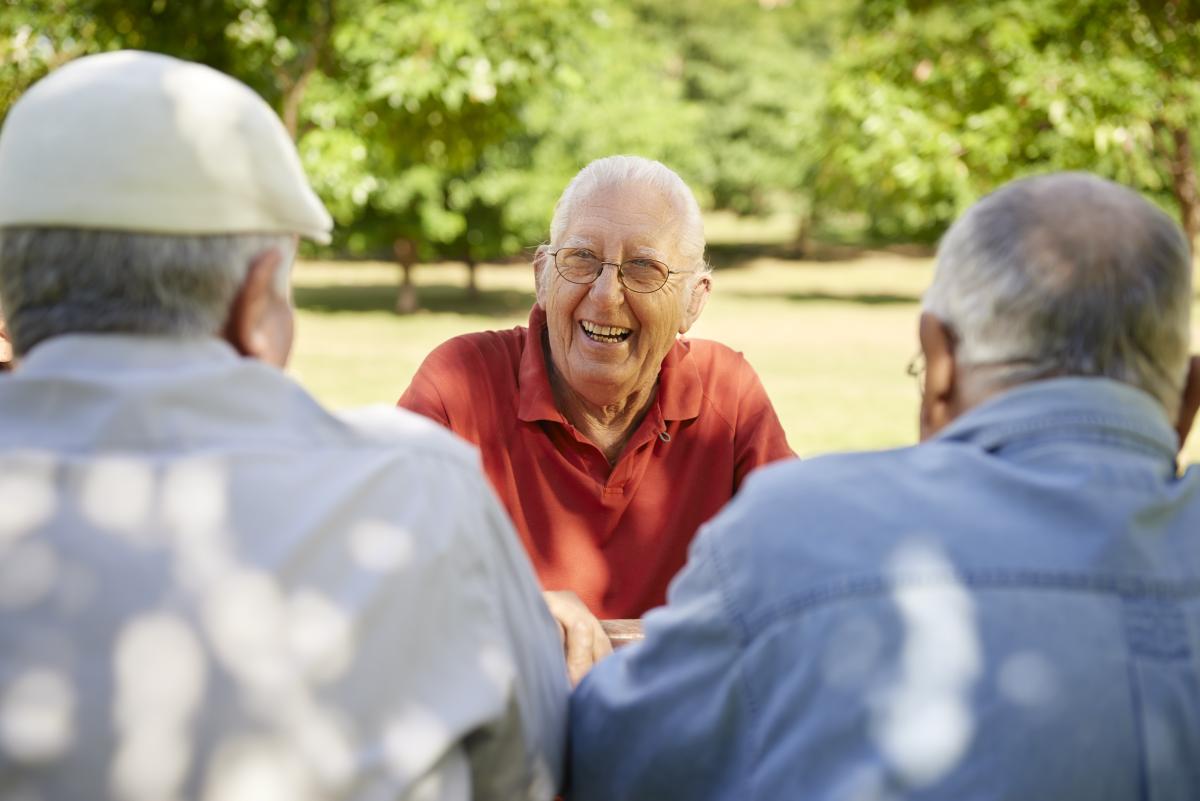Page Contents
Main Content
The Queensland Police Service (QPS) recognises the valuable role that older Queenslanders play in our community and their right to safety and a lifestyle without fear.
There is a mistaken belief within the community that older people are vulnerable to crime and live in fear. The reality is quite different in Queensland, in Australia and around the world.
Statistics show the older you get the less likely you are to become a victim of crime. Seniors are more experienced and wiser; they tend to spend more time at home and with family, and are less likely to place themselves in high-risk situations.
Despite this low risk, it is still important that seniors recognise risky situations and take precautions to protect themselves and their property.
- Elder abuse
Elder abuse is a crime that can take many forms. If an older person is being harmed or neglected by a person they trust, that’s elder abuse.
Sadly, most elder abuse is committed by family members and may remain hidden.
Elder abuse is everyone’s responsibility and only by working together can it be prevented.
- More information about elder abuse
- Seniors safety tips
Feeling safe in your own home is essential to your health and wellbeing. As a senior, it’s important that you are able to enjoy your home, community and lifestyle in comfort and security.
What you can do
Some steps you can take to protect your safety and security:
- If you have a phonebook listing, only list your initials and surname to limit the amount of personal information available.
- If you use an answering machine service, ensure you leave a message saying ‘we’ will call back if you live alone.
- If you and your family communicate on the internet via social media networks, make sure you don’t give out personal details such as your home address or phone number.
- Be cautious about information you give to strangers – don’t tell them where you live or when you will be away and don’t give out any personal, family or financial information.
- When shopping, avoid carrying large amounts of money and never leave your handbag, wallet or personal items unattended or in a shopping trolley or mobility device.
- If you’re travelling on public transport, ensure you sit where you can see and be seen by the driver or guard, and always check timetables beforehand to avoid long waits.
- In your phone, program in the contact numbers of a relative, neighbour or close friend you can contact if you need assistance. Also program the emergency number, Triple Zero (000).
- If you receive mail, emails or phone calls requesting money, even if it’s for charity, verify where the request has come from before donating. If you are unsure, contact your local police station.
- When out and about, always appear confident and self-assured . Research shows that people who appear confident and take personal safety precautions are less likely to become victims of crime.
- Consider installing an alarm system in your home, particularly if you live alone, to help protect your home and personal safety.
- Medical or personal alarm systems are also a good idea to consider and are easy to set up. There are many options available, depending on your personal needs.
Further information can be found on the Seniors Safety information sheet (PDF).
